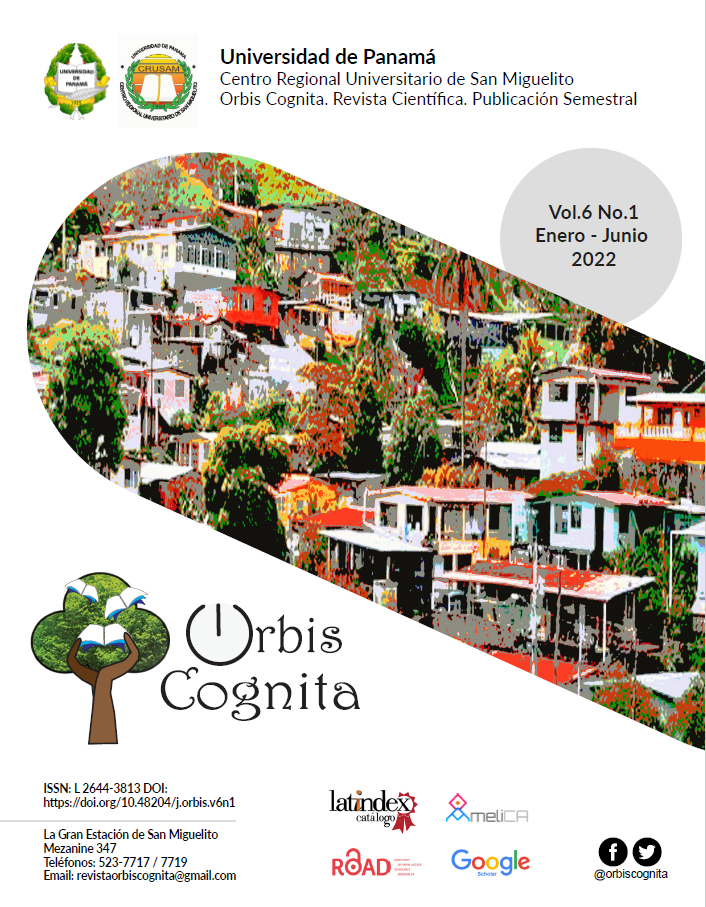

Different studious have demonstrated a large variety of alternative conceptions of heat, as well as the difficulty represented to the students from middle level students related to this concept. To address this problem, this research presents the implementation of a didactic strategy with thirty-six students, from Tenth level of bachelor’s in science, through the virtual modality, with the support of Google platform and Google meet. It is about a study with a mixed descriptive and cross-sectional approach, in which a pre-test &post-test design was developed of only one group, with five multiple selection questions, to assess the accuracy of didactic treatment, to know if the conceptual mistakes had been reduced and observe if the students got better knowledge about the heat. The data for each question was analyzed using Hake's normalized learning gain index, obtaining low gains (g…) with respect to initial knowledge, and with the statistical test of signs, which confirmed a significant difference (p=….), with an increase of five units in the median value, between the measurements before and after implementing the strategy. During the intervention, a short intermediate test was applied, and three workshop sessions were held, applying the hexagram as a graphic organizer. Collaborative work was assessed using a rubric, and participants positively appreciated the activities that complemented the strategy.